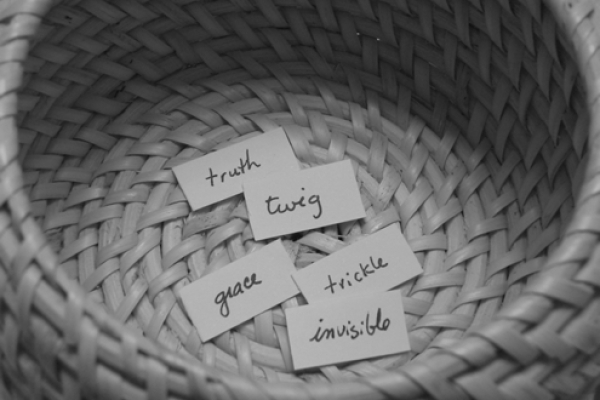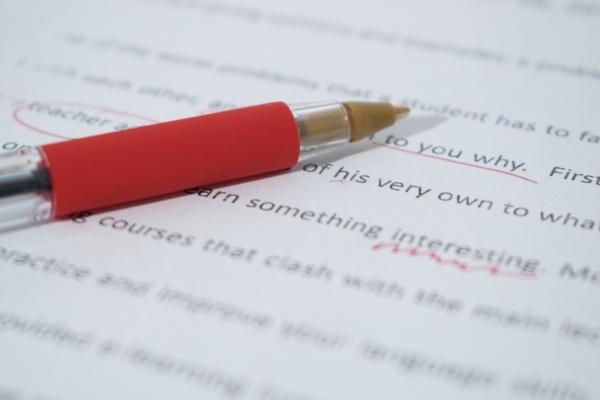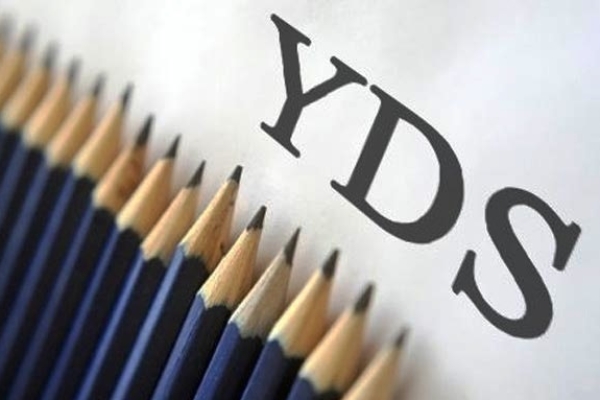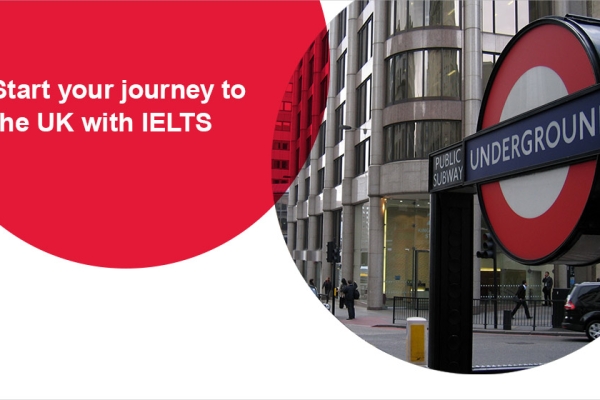
Language Development in Children
Language development is a very important part of the overall development of children. The language supports the child's ability to communicate, express and understand their feelings. It is also the most important tool in thinking and problem solving and in developing and maintaining relationships. Learning to understand, use and enjoy language is a critical first step in literacy and is the basis for learning to read and write.
Language development in children lasts until the age of 8 and a child who is 8 years of age is expected to complete most of the language development. We have listed the important periods in the child's language development for you.

3-12 months
During this period, babies will most likely start laughing, making sounds and communicating. The sounds the baby makes are not speech at this stage. The first words usually appear at about 12 months of age.
12-18 months
At this age, children often say their first meaningful words. For example, the child calls his father when he says 'Dada'. During this period, new words continue to be added to the baby's vocabulary. He can understand more than you can say and follow simple instructions. For example, 'No!' your baby can understand you.
18 months - 2 years
In the second year, the baby's vocabulary increases and begins to form short sentences by combining the two words. He understands most of what is said to him. It is also often understood what the baby says. Language development varies greatly from child to child. However, if the baby cannot say a word within the first 18 months, a family physician, child and family health nurse or other health professional should be consulted.
2-3 years
During this period, the child starts to form longer and more complex sentences. He can now pronounce words more accurately. He can play and talk at the same time. Strangers, as well as his family, can probably understand most of what a three-year-old boy says.
3-5 years
During this period, the child can make longer, more abstract and more complex conversations. The child will probably want to talk about a wide range of topics during this period and his vocabulary will continue to grow. ‘Because’ can show that you understand basic grammar rules when trying more complex sentences with words like ’if’, ‘like’ or ‘when’. During this period, the child can also tell some entertaining stories.
5-8 years
At the beginning of school, the child will learn more words and begin to understand how sounds in the language work together. He will also become a better storyteller, as he learns to combine words in different ways and construct different kinds of sentences. These skills also allow him to share his thoughts and ideas.
Supporting Language Development in Children
The best way to encourage your child's speech and language development is to talk to him or her on a lot of topics that interest him. It is important to talk to the baby from the early years. When you have finished talking to your baby, wait for him to react to you.
As your baby grows up and starts using gestures, you can respond to attempts to communicate. For example, if your child nods, respond as if to say 'No'. If you point to a toy, your child says, “Can you get it? or “I like that”.
When your child starts using words, you can repeat and improve what your child says. For example, if it says "Apple", you want "Red apple?" You can ask questions. Talking to your child about what happens in your daily life will increase the number of words your child hears.
It is not important that your child does not understand what you are saying. Because the understanding will develop as the age grows. As soon as your child starts telling stories, encourage him or her to talk about things in the past and in the future. For example, you can talk about your plans for the next day. Or when you come home from a trip together, you can talk about it.
Read and share lots of books with your child, and read more complex books as they grow. Reading allows your child to hear words in different contexts, helping them to learn the meaning and function of words.
Linking what's in the book with what's happening in your child's life is a good way to get your child to talk. You can also encourage your child to talk by talking about interesting pictures in the books you read.








